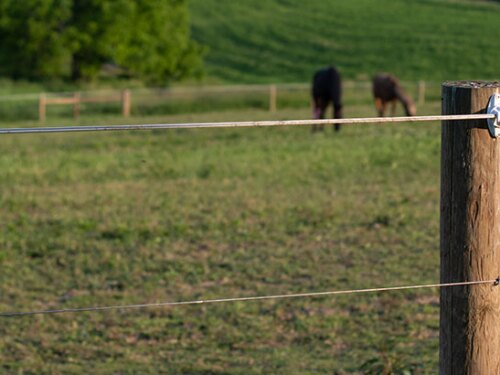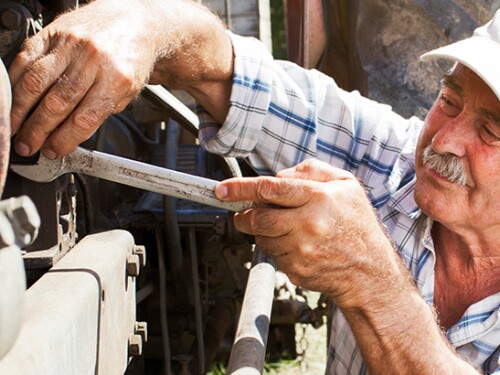Farm
From machinery operation to chemical handling, taking safety seriously is crucial. Learn more about how to enhance safety on your grain farm.
Avian influenza, also known as bird flu, continues to spread, impacting more than just poultry. Understanding how this virus affects humans and farm animals, such as dairy cattle, and taking steps to prevent it from spreading is crucial for farmers.
When it comes to dairy farm safety, training farm workers on the risks is one of the most important steps to minimizing and preventing accidents.
SECURA considers a hobby farm to be small farms that the owners operate as a hobby instead of running it as a business.
Rural response takes time. Learn how to protect your farm with fire safety best practices. Reduce the risk of equipment damage, animal loss, and more.
Flat and low-slope roofs are far more susceptible to damage because snow can’t easily slide off. This makes commercial properties especially prone to collapse.
Disaster preparedness begins with awareness, but requires vigilance and planning. Plan for emergencies to be better prepared for those unexpected moments.
Farmers should remember that the toxic gases from the manure pit can travel through the slats in the floor making the entire building unsafe for entry.
Being a farm worker can be dangerous with it’s work-related injuries, every day about 100 agricultural workers suffer a lost work time injury.
Improper fence controllers have been responsible for forest, field, and farm fires, as well as injury and even death to animals.
Many farmers already are out in their fields. But it’s important to make sure your equipment is ready and reliable from planting to harvest.
Hand tools are generally used for manual operation; however, hand tools can be used for much more than their intended use. When this happens, injuries can occur. It’s important to take the proper safety measures when it comes to working with hand tools.














